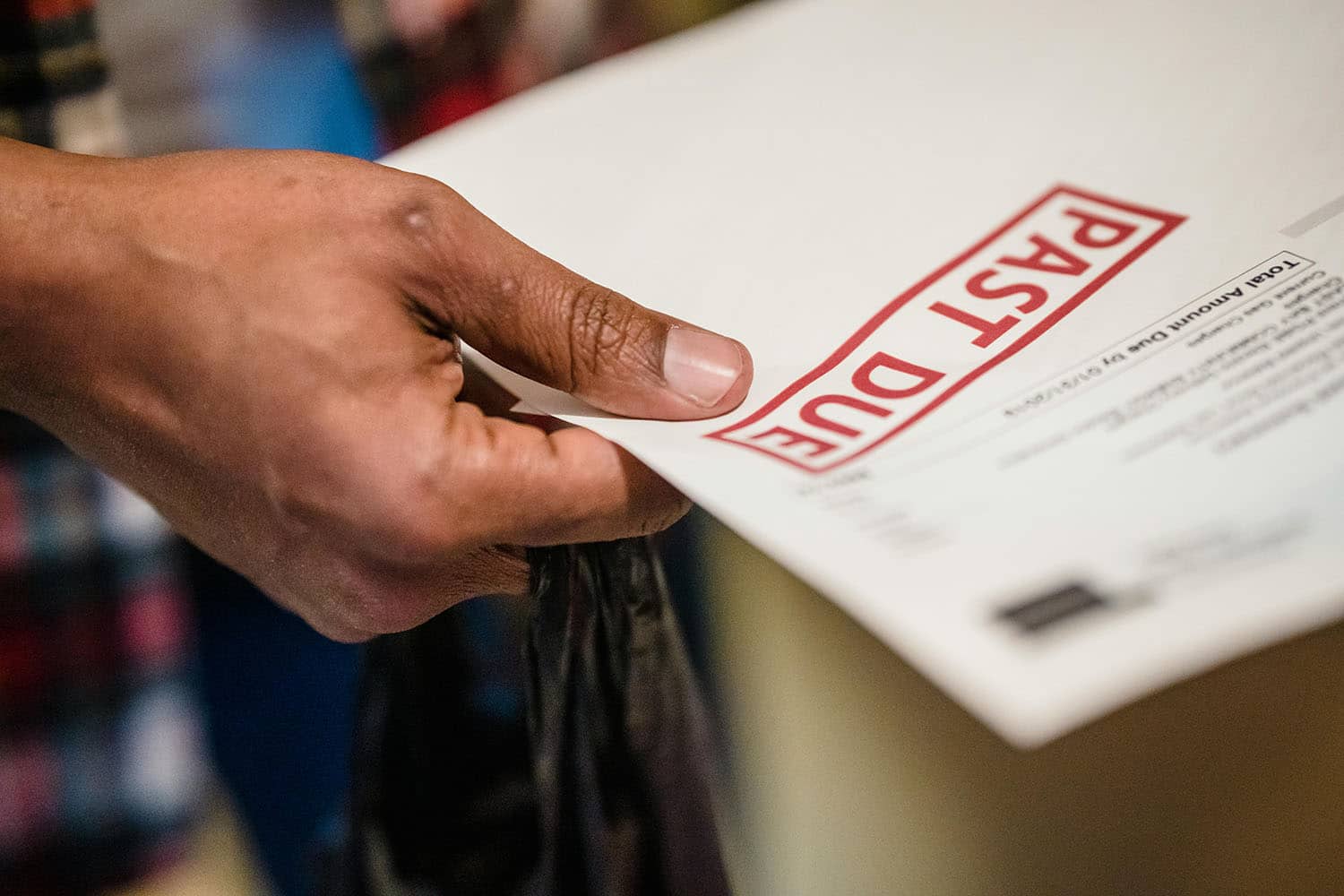Late invoice payments can be a major headache for small business owners, impacting cash flow and overall financial health. Managing payments efficiently is crucial to ensure a steady cash flow and maintain good relationships with customers. Here are seven effective strategies to minimise the problem of overdue invoices and help keep your business financially healthy.
Define a Clear Contract & Payment Terms To Prevent Late Invoice Payments From The Very Beginning
If you establish clear expectations from the beginning, you are less likely to be chasing overdue invoices later down the line. When you define a clear contract with your customers, including specific payment terms, you set the ground rules for your business relationship. This leaves less room for misunderstanding. Make sure your contract outlines:
- Payment due dates
- Penalties for late payments
- Accepted payment methods
- Any discounts for early payments.
By clearly stating these terms, you can ensure that your customers know exactly what is expected of them.
Define a Supply Date and Due Date in Your Payment Request
When you send out invoices, always include both the supply date and the payment due date. This practice helps to:
- Provide a clear timeline for when the product or service was delivered
- Reinforce the agreed-upon payment terms. Clearly highlighting these dates on your invoices ensures that your customers are reminded of their obligations. This reduces the likelihood of delays and invoices being overdue for payment.
Manage Your Cash Flow So That You Are In Control Your Finances
Effective cash flow management is essential for maintaining the financial stability of your small business. By keeping a close eye on your cash flow, you can:
- Anticipate potential shortfalls
- Plan for expenses
- Ensure that you have enough funds to cover your operational costs
Understanding all of this allows you to take proactive measures, such as promptly following up on late invoice payments, to avoid financial difficulties.
Paylists automatically creates a payment flow from your invoices, giving you visibility of paid, unpaid and forecasted payments. This helps you manage your cash flow and make critical decisions about your customers.
Keep Track Of Amounts Due & Days Sales Outstanding (DSO)
Not all customers are the same when it comes to payment behaviour. It’s important to keep track of your flow of cash, together with your collection success per customer. By doing this, you can:
- Identify customers who frequently pay late
- Limit your sales to those customers, if necessary
This strategy ensures that you are not overextending credit to customers who are unreliable, protecting your business from potential issues.
Notify Your Customers on Upcoming Payments
Proactive communication is key to reducing late invoice payments. Being able to keep an easy record of all communication is also important, so that you and your customers are always on the same page and using a single source of truth.
Make sure you notify your customers about upcoming payments through payment reminders. Regular reminders help keep payments top-of-mind for your customers and demonstrate that you are serious about your payment terms. It also provides an opportunity to address any issues they might have with making the payment on time.
Give Your Customers Flexible Payment Options
Offering flexible payment options can make it easier for your customers to pay on time. Consider providing options such as:
- Pay-now
- Partial payment
- Payment in instalments
- Payment in advance by getting a discount
These flexible payment options can help accommodate different financial situations and preferences, reducing the likelihood of late invoice payments. The easier you make it for your customers to pay, the more likely they are to do so promptly.
Stay Organized And On Top Of Things
As a small business owner, you must juggle many responsibilities. However, staying organised and on top of your billing and invoicing is crucial for the financial health of your business.
Implement systems to:
- Track invoices
- Monitor due dates of incoming and outgoing payments
- Follow up on late invoice payments
If you don’t have a financial team in-house, using billing software for small businesses can help as a late payment solution, ensuring that nothing falls through the cracks.
Conclusion
Reducing late invoice payments requires a proactive and organised approach. By defining clear contracts, specifying supply and due dates, managing and measuring cash flow, notifying customers of upcoming payments, offering flexible payment options, and staying organised, you can significantly decrease the occurrence of late invoice payments. Implementing these strategies will not only improve your cash flow but also strengthen your relationships with customers, ensuring the long-term success of your business.
Paylists is a UK small business billing software specially designed to help reduce late payments, click here to see how Paylists’ features can help you.



